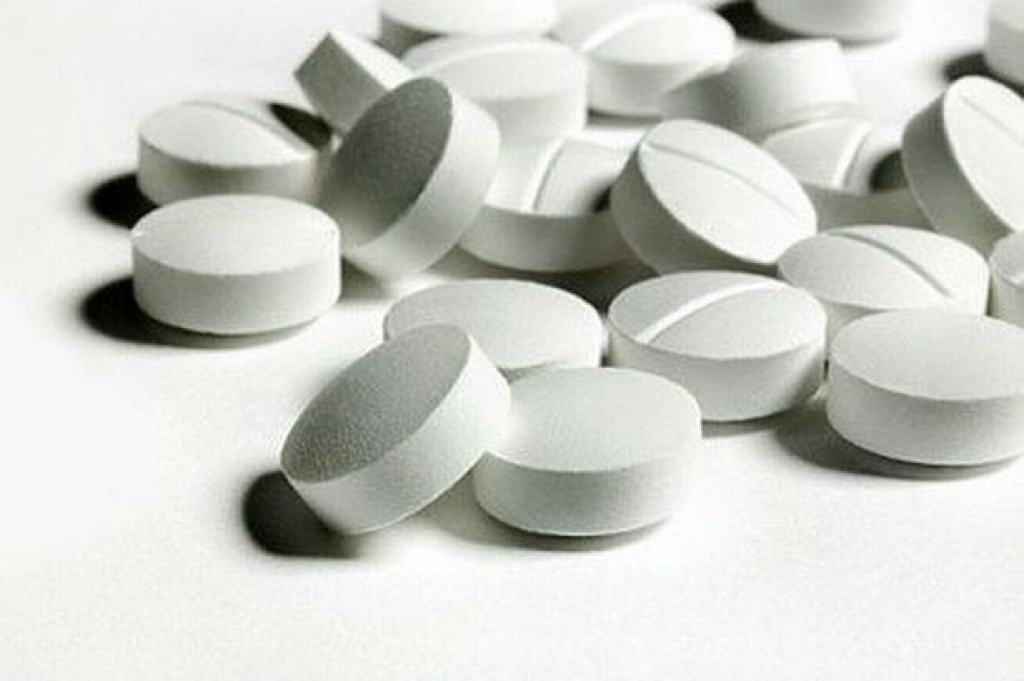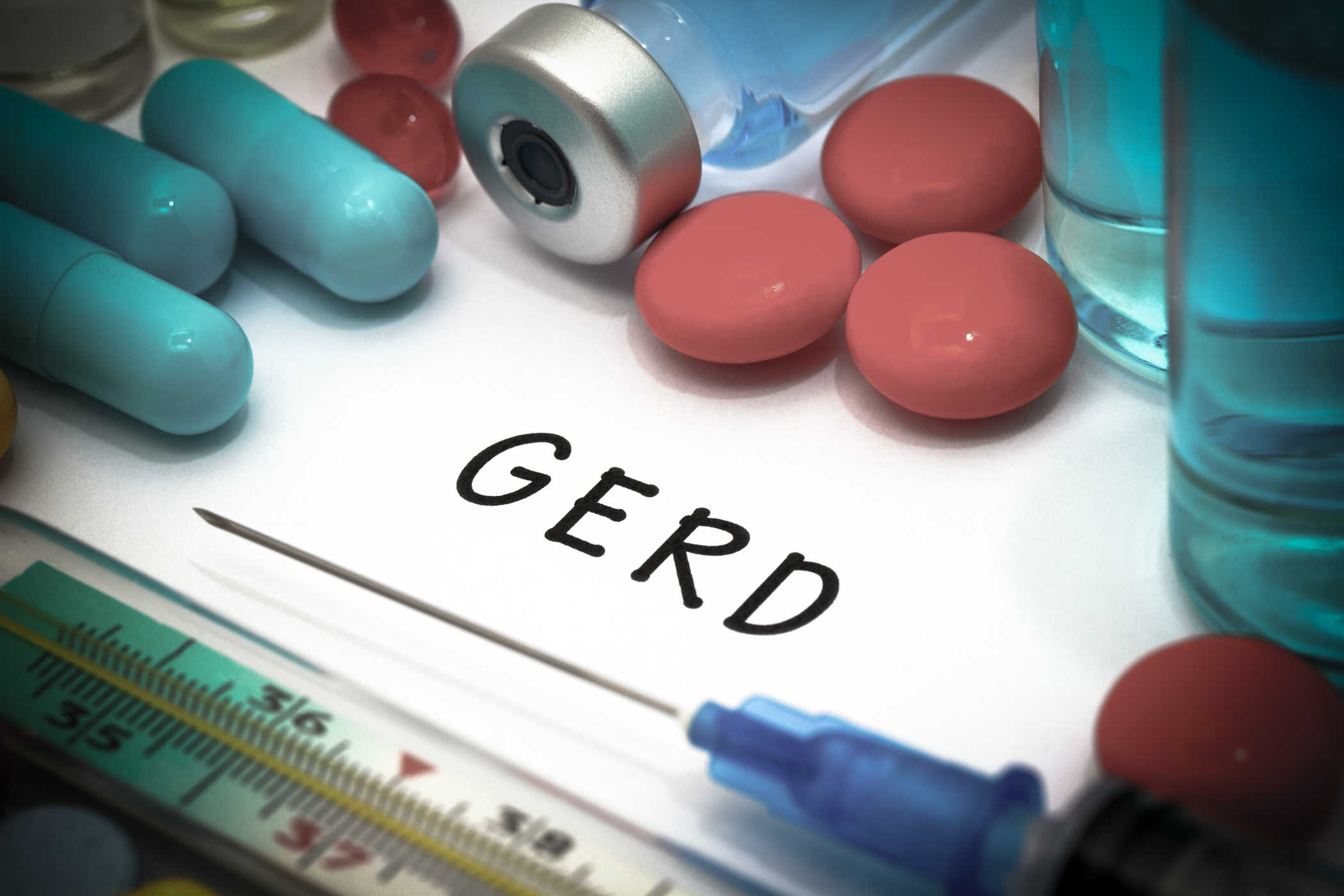Contents:
- Medical Video: Leukodystrophies - Causes, Symptoms, Treatments & More…
- What is Hunter syndrome?
- How does Hunter syndrome occur?
- The impact of Hunter syndrome
- What can be done to overcome Hunter syndrome?
Medical Video: Leukodystrophies - Causes, Symptoms, Treatments & More…
Not only compiled by organs and nutrients, the human body also has various enzymes that play a role in breaking down nutrient molecules. If the enzyme level is insufficient, the body will find it difficult to break down the molecule and cause a buildup that is harmful to the body. Wrong that can cause the body to lack of enzymes is a congenital disorder Hunter syndrome.
What is Hunter syndrome?
Hunter syndrome is also known as mucopolysaccharidosis II (MPS II), is a rare disease caused by molecular buildup mucopolysaccharides.These molecules accumulate due to the lack of the iduronate sulfatase enzyme to break down the sugar molecule. The name of this disease is taken from the name of the inventor, Charles Hunter, who managed to find and explain the abnormalities of Hunter syndrome in 1917.
This disease is a rare genetic disorder that only occurs in one of 100,000 to 170,000 births and is inherited in the family. Hunter cases are more common in boys and are very rare in girls.
The main effect of Hunter syndrome is damage to various organs and tissues, which occur slowly. Early treatment and lifelong control to minimize symptoms are needed by sufferers.
How does Hunter syndrome occur?
Due to the lack of the iduronate sulfatase enzyme in patients with Hunter syndrome, accumulation of mucopolysaccharides causes permanent damage. The molecule is stored in the cell, so it can cause tissue damage at the organ level.
Even though it runs very slowly, the damage can affect appearance, mental development, organ function and cause physical disability. Damage can be started at the age of the baby, but it has not yet caused visible symptoms.
Having a family with a history of Hunter syndrome and male sex is a factor that makes a baby at risk of developing Hunter syndrome. Genetic abnormalities in Hunter syndrome can also be characteristic the carrier which is a condition where a person has a talent for Hunter syndrome and does not cause symptoms, but can increase the risk of having a child with Hunter syndrome.
Most women are the carrier in decreasing the nature of Hunter syndrome. So if a mother is the carrier hence there is a 50% higher risk of giving birth to a boy with Hunter syndrome.
The impact of Hunter syndrome
Hunter syndrome generally affects the appearance of a child with physical signs such as:
- The cheeks grow bigger and rounder
- The nose looks wide
- Thickening of the lips and enlargement of the tongue
- The head tends to be bigger
- Skin tends to be denser and harder
- The condition of the hand tends to be short with fingers that are too curved
- Late growth.
Some physical functions can also appear and are observed in patients with Hunter syndrome:
- Joints tend to be stiff so they have difficulty moving
- Hands tend to be weaker and often experience tingling
- Easier to experience infections, especially those related to the respiratory tract
- Having trouble breathing especially during sleep
- Having hearing loss and ear infections more often
- Often experience diarrhea and other digestive disorders
- Having damage to the heart valve
- Enlarged liver
- Having denser or thicker bones.
In addition to physical conditions, symptoms of cognitive impairments such as difficulty in thinking and learning, difficulty speaking and hyperactivity can also arise when children enter the age of toddlers. Even so, a child with Hunter syndrome can still be cheerful and show affection like children in general.
What can be done to overcome Hunter syndrome?
Because the damage caused tends to be progressive (getting worse and longer) and permanent, early diagnosis and treatment needs to be done. Enzyme replacement therapy can be done to prevent a decrease in bodily functions such as:
- Walking, climbing stairs and other forms of physical movement in general
- Reducing the risk of stiffening of joints
- Improve airway function
- Maintain the process of growth and physical appearance of the face
However, lost enzyme replacement therapy cannot slow the progression of disease in the brain.
Methods of treatment such as bone marrow transplants obtained from suitable donors can help the body produce proteins and enzymes lost due to experiencing Hunter syndrome. Treatment of symptoms that appear on the airway, heart, g and nerve function is also needed to control the symptoms caused.
Children who experience Hunter syndrome also need help in activities such as encouraging children to actively move, introduce children to their age friends, and help children in learning.












